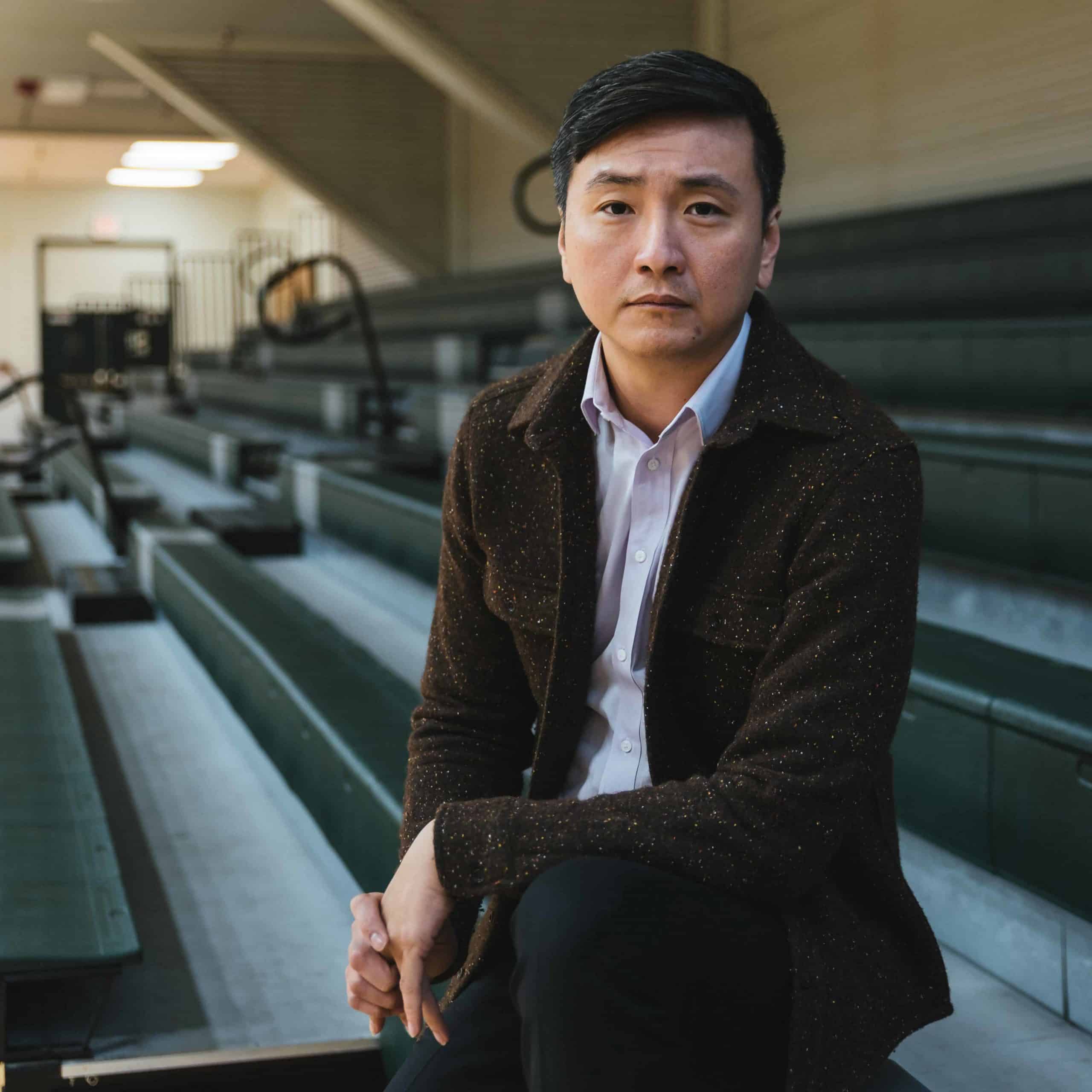
Supporting You During Crisis
04/09/2020

A Message from our Chief Executive, Chong-Hao Fu
Admittedly, it is a scary time. Seemingly overnight, more than 55 million students are at home during the middle of the academic year, and at least 124,000 schools are closed until further notice to ensure the safety of our nation’s kids and those around them. These unprecedented, difficult measures to save lives will be remembered for generations, and I’m immeasurably proud of how bravely educators have stepped up to lead.
Each of us is impacted differently, but I also know that we are stronger and safer together. As you reflect on what you need in the present and in the coming months to show up for yourselves, your communities, and your students, I hope that you will look to us at Leading Educators as your partners and allies. Hard choices lie ahead for all of us, but our commitment to excellence and equity for every child will live on no matter what.
What We’re Seeing
On a call with our partners in Baltimore this week, one of our funders shared that she had never been more convinced that “Educators are first responders.” It has been inspiring to hear so many stories of schools finding ways to ensure that their students are safe and supported. For example, in Baltimore, schools are leveraging their existing curriculum partners to push out a variety of virtual instructional resources all the way from Kindergarten through high school. Likewise, our partners at KIPP Chicago have set up YouTube channels with daily lessons from each of their classroom teachers. Watching these videos, I am reminded of this article from Chris Lehman, an ed tech innovator and school leader. He writes that “Teachers teach kids, not subjects” and “The single most important thing school can do right now is make sure every student knows that their teachers care about them and that we are thinking about them, and we want them to know we’re out here, wanting to teach them.”
Alongside these often heroic responses from system leaders, there are also painful truths we’ll need to reckon with as a society. As inspiring as it is to see schools and an array of community organizations spring into action to ensure students have food, essential hygiene products, technology, and internet access, the structural failures underneath those needs existed before this crisis. Why is it that in the best-resourced country in the world, we’re only able to give families some of the help they need in a time like this?
Just as students need strong support, so do educators. The COVID-19 crisis will only further widen inequities that have resulted from inequitable access for generations of systemic racism.
- In Detroit, systemic racism not only affects communities’ access to health care but it also impacts trust in institutions.
- Here in my hometown of Houston, we know that over 11,000 families need access to a computer, even as our school systems are working to create new virtual instructional materials.
Our most vulnerable students will have the least access to resources to weather the crisis. When schools resume, we know that gaps in opportunity will widen, social-emotional needs resulting from trauma and isolation will increase, and students will begin the year with months of unfinished learning. As support providers and community members, we will need to work together to build our collective resilience against inequity–demonstrating through our actions that we have the backs of educators and families as they work to bounce back.
How We Plan to Move Forward
We at Leading Educators intend to play a critical role as a partner and advisor in addressing needs resulting from the COVID-19 crisis.
- We believe our core programming on Content, Equity, Learning Conditions, and Leadership will continue to be a critical foundation in supporting school systems to move forward.
- At the same time, we will need to develop more adaptable service offerings that respond to a new normal and that support students, teachers, and leaders with the challenges ahead.
- We will look to schools and communities to define what they need and will be in touch about opportunities to shape our ongoing work toward equity in the months ahead.
We are deeply grateful for the trust we’ve felt from you, our system partners, and our funders during these uncertain times, and we’ll be looking to you for guidance as we show up for students.
In community,
Chong-Hao Fu


